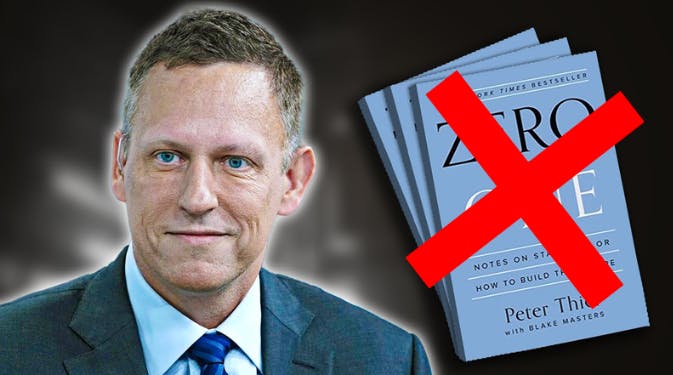
"Peter Thiel's 'Zero to One' promotes the idea that building a monopoly leads to lasting success through unique 'secrets'. However, this obsession with monopoly can hinder true innovation, pushing startups to prioritize market dominance over creating genuine value and fostering healthy competition."
"Thiel describes a monopoly as a business so exceptional that no rivals can compete. This ideal, however, obscures the reality that monopolies can stifle progress and innovation, while vibrant competitive markets have historically driven breakthroughs."
Peter Thiel's 'Zero to One' champions the concept of building monopolies as the key to achieving lasting success through unique insights. This perspective, however, poses risks by encouraging entrepreneurs to prioritize monopolistic dominance over genuine innovation. Monopolies can push startups to create barriers that inhibit competition and progress, while historical examples show that breakthroughs often arise from competitive environments. Companies that dominate their markets, like Kodak and Blockbuster, exemplify the dangers of complacency that can occur without healthy competition.
Read at Hackernoon
Unable to calculate read time
Collection
[
|
...
]